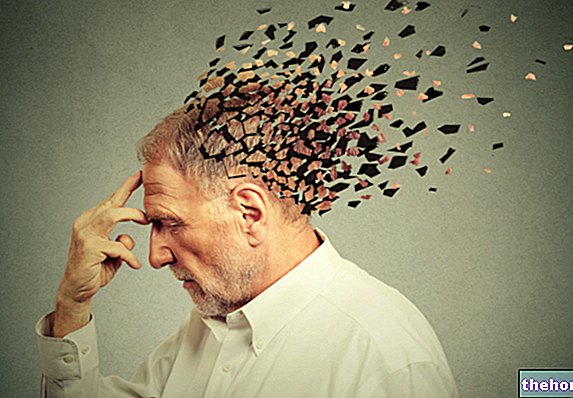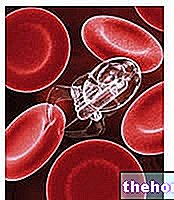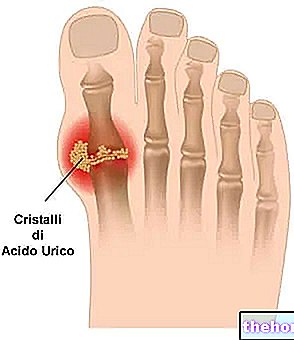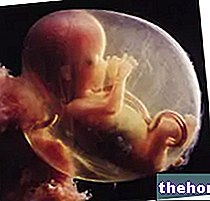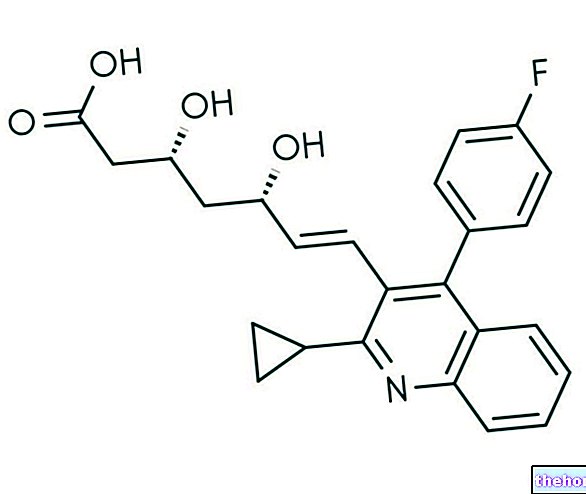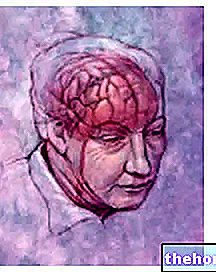Introduction
In recent years we have witnessed a remarkable development of the sciences applied to human aging. Thanks to the progress made in the medical, economic and social fields, old age, once perceived as a period of disability and physical decay, has now become for many a phase of continued productivity, independence and good health.
The main causes of death (cardiovascular and pulmonary diseases, tumors and diabetes) are the result of a process that in many cases begins in childhood. Thanks to current knowledge it is possible to prevent the onset of these diseases by implementing behavioral changes oriented towards regular physical exercise, rational stress management and a sober and balanced diet, possibly supported by nutritional supplements. The continuous advances in genetics will make it possible to intervene ever earlier on individual risk factors, proposing more effective and personalized anti-aging programs. The biotechnological sciences, for their part, will provide the means to intervene directly at the root of the problem, thanks to stem cells, recombinant DNA, cloning and gene therapies. Finally, in defense of human longevity, nanotechnologies and the increasingly developed artificial intelligence will take the field. All these efforts will help man to slow down and improve more and more the inevitable biological phenomenon of aging.
Article index
Aging and life expectancy Evolutionary theory is not on our side Grandmother's hypothesis The aging process is no one's friend The three roads to longevity 1st way: prevention 2nd way: biotechnological revolution 3rd way: nanotechnology revolution and artificial intelligence Conclusions and bibliographyAging and life expectancy
According to recent estimates, children born in the early twenty-first century have a life expectancy of around one hundred years. Today, in fact, we have at our disposal sufficient medical technologies and knowledge to allow a significant segment of the population to blow out a hundred or more candles. At the current rate, human life expectancy is growing by about 2.2 months a year, according to a trend that has remained almost constant over the last sixty "years.

Thanks to rapid technological progress, several authors speculate that in the coming years this trend will not only not slow down, but will continue to grow at an even faster rate. Other researchers hypothesize more pessimistic scenarios and, while not excluding the possibility that a considerable number of people may live longer, set the maximum duration of human life between 85 and 90 years.
Evolutionary theory is not on our side
The roots of this fascinating hypothesis go back to extremely remote times, when man was forced to fight face to face against animals and bad weather to survive.In this era of scarcity, our ancestors certainly did not know the overwhelming abundance of Christmas dinners or the endless expanses of food stored on supermarket shelves.
Promotional Content

Antioxidant Supplement Antiage X115 + Plus
New generation anti-aging supplement. Double Day & Night Formulation with a high concentration of active ingredients; supports and optimizes antioxidant defenses and stimulates the synthesis of collagen, hyaluronic acid and elastin. " More information "
On the contrary, they were constantly competing with nature for the food necessary for their sustenance. In this sad scenario, the struggle to grab the reduced food resources was also extended to individuals belonging to the same species. Seen in this light, an excessive survival of the older members of the tribe was detrimental to the evolution of the community itself, as it took away from the group the already limited resources of nutrients. For the good of the species, man had to live long enough. long and healthy to reproduce and raise their children. Once this primary biological function was fulfilled, again for the collective good, it should have stepped aside, leaving room for younger individuals. For this reason it was important that at a certain point in life the "aging genes" were activated, capable of quickly starting the subject towards a cruel destiny. By eliminating the older ones, the younger individuals had a better chance of surviving and contributing to the "evolution of the species according to the rules of Darwinian selection.
In the last 100,000 years, human DNA has not undergone major changes and the "aging" genes mentioned above continue to be part of our gene alphabet. The difference, compared to then, is the recent disappearance of those criteria that have contributed for millennia. to select such genes Although many people still struggle daily against hunger, their condition is essentially due to political and social issues, since the natural and technological resources already exist today to erase hunger in the world.
Thanks to recent advances, mankind no longer has any reason to take advantage of its short existence. On the contrary, as we will see in the next paragraph, it has every interest in staying alive longer and healthier.
More articles on "Aging: the long road to longevity"
- Aging: Why It Is Necessary To Counter It
- aging
- aging
- aging
- aging
- aging
- aging

